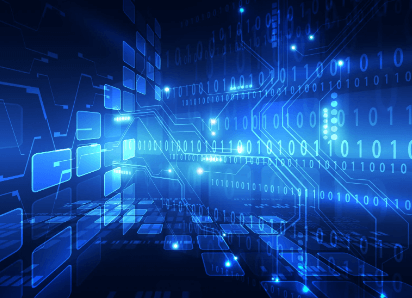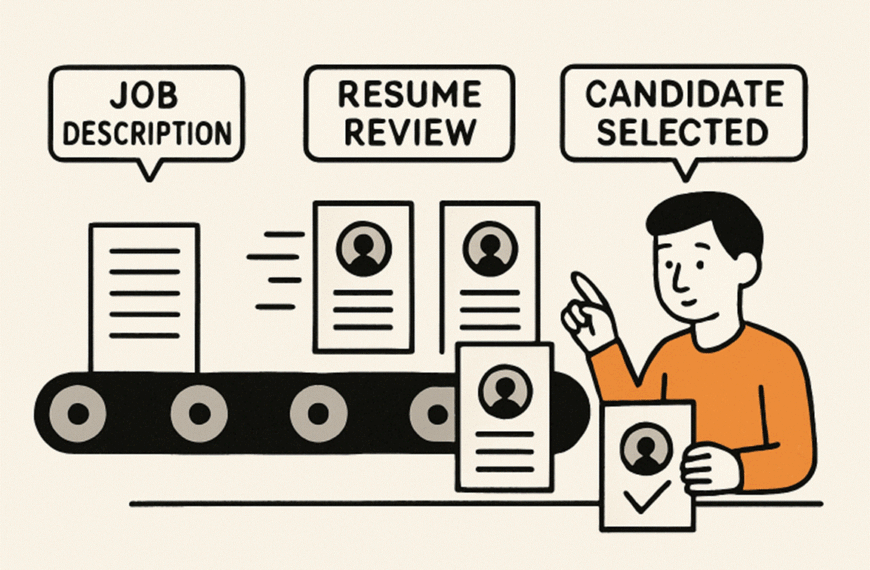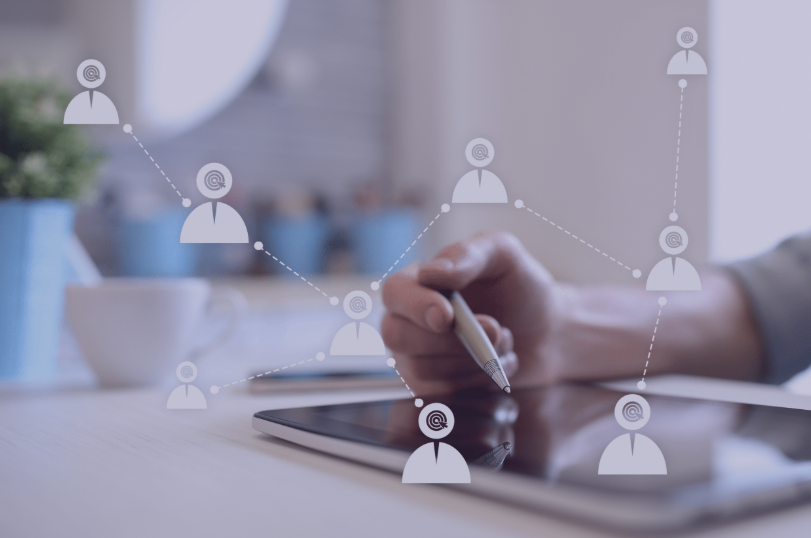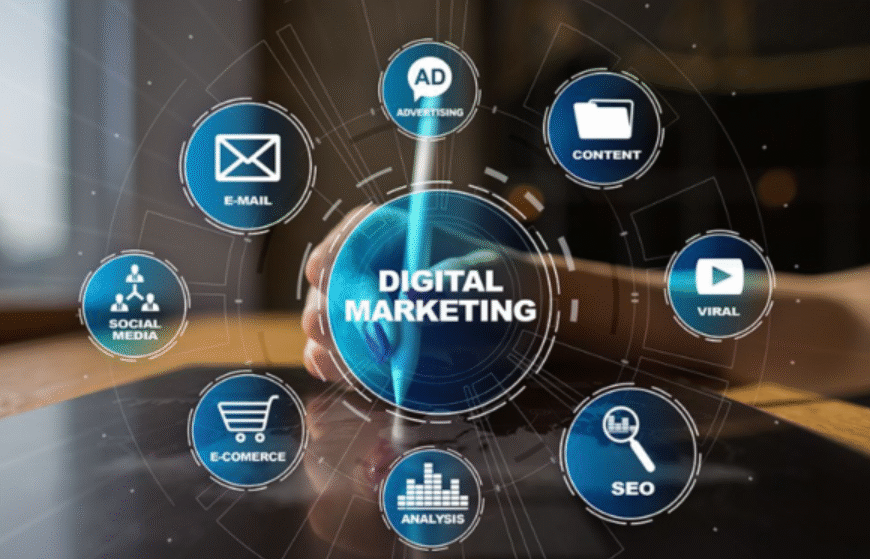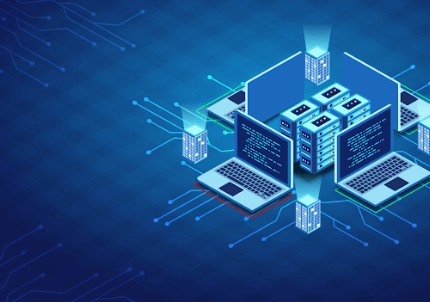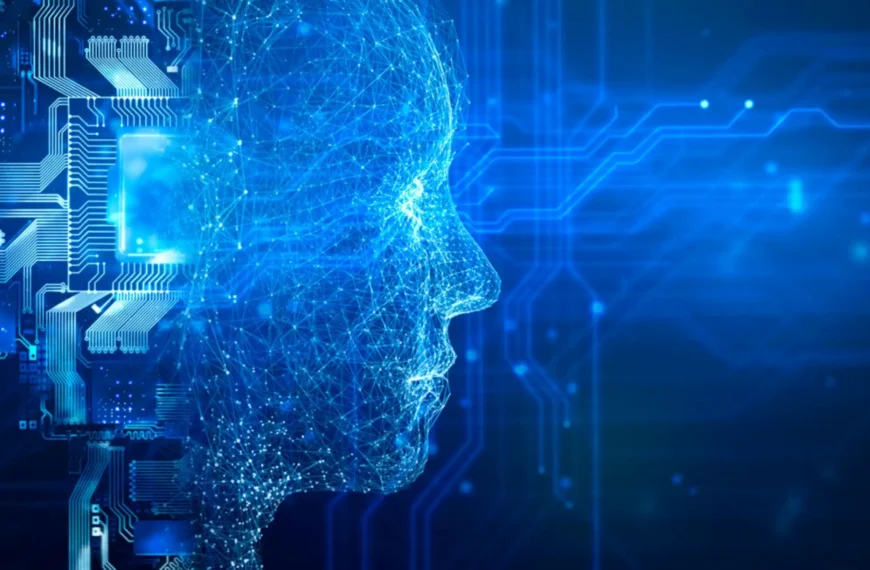As we move forward, new technologies are shaping industries and economies. These innovations are expected to redefine how businesses operate and how societies progress.
Artificial Intelligence (AI)
Artificial Intelligence is one of the most powerful technologies today. From chatbots to self-driving cars, AI is reshaping industries. Businesses use AI for data analysis, customer support, and predictive forecasting. AI-driven tools increase efficiency and reduce costs.
Internet of Things (IoT)
IoT connects devices such as refrigerators, cars, and security systems to the internet. This connectivity enables smarter homes, efficient energy usage, and improved security systems. IoT also supports industries by monitoring machines, reducing downtime, and improving productivity.
Blockchain Technology
Blockchain is not limited to cryptocurrencies. It provides transparency, security, and efficiency in transactions. Industries like banking, supply chain management, and healthcare are adopting blockchain for secure data sharing and fraud prevention.
5G and Connectivity
5G networks are revolutionizing internet speed and connectivity. With ultra-fast speed and low latency, 5G enables advanced technologies like smart cities, autonomous vehicles, and seamless video streaming. This advancement is a milestone in communication technology.
Technology in Business and Economy
Businesses are rapidly embracing technology to remain competitive in global markets.
E-commerce Growth
E-commerce platforms like Amazon, Alibaba, and eBay are examples of how technology transformed traditional shopping. Consumers now prefer online shopping due to convenience and variety. Secure payment systems and fast delivery services are driving this growth.
Remote Work and Digital Transformation
Remote work became a necessity during the pandemic, and technology made it possible. Cloud computing, virtual collaboration tools, and project management software allow employees to work efficiently from anywhere. Companies are saving costs while ensuring productivity.
Automation and Robotics
Automation has revolutionized industries like manufacturing, agriculture, and logistics. Robotics ensures efficiency, reduces errors, and saves time. Many businesses rely on automated systems for repetitive tasks, allowing human employees to focus on creativity and problem-solving.
Challenges of Technology
Despite its benefits, technology also brings challenges that need careful attention.
Cybersecurity Threats
As digitalization increases, so do cyberattacks. Hackers target personal data, financial information, and corporate networks. Strong cybersecurity measures are essential to protect sensitive data.
Job Displacement
Automation and AI may reduce the need for human labor in some industries, leading to unemployment. Governments and businesses need to invest in reskilling workers to adapt to new technologies.
Digital Divide
Not everyone has access to advanced technology. The gap between developed and developing nations, or even rural and urban areas, creates inequality in education, healthcare, and employment opportunities.
The Future of Technology
Technology will continue to evolve and influence every aspect of human life. Concepts like the Metaverse, quantum computing, and space technology are set to define the future. While technology will bring more convenience, it also requires responsible usage to avoid misuse. Governments, organizations, and individuals must collaborate to ensure technology benefits humanity as a whole.
Conclusion
Technology is the driving force behind global development. It connects people, transforms industries, and improves everyday life. From AI to IoT and 5G, emerging innovations are creating opportunities and shaping the future. However, challenges such as cybersecurity risks, job displacement, and the digital divide must be addressed. By embracing technology responsibly, societies can ensure sustainable growth and a better future.
